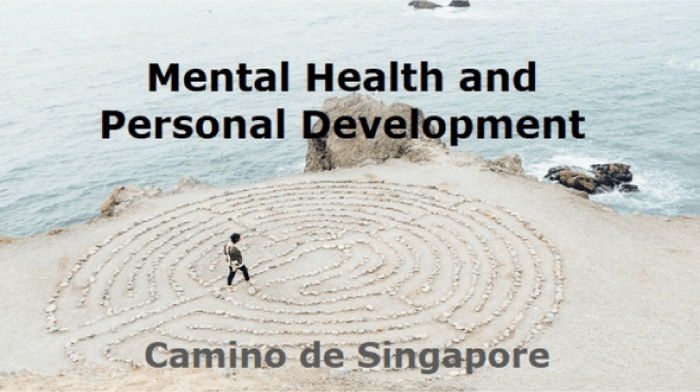No products in the cart.

Photo by https://unsplash.com/@ashleybatz
In recent times, there is a lot of talk about reducing stigma surrounding mental health issues. However, this is difficult to do if the only thing we hear about the subject is mental illness or mental health condition that causes suffering. But what else can mental health be about?
This year, World Mental Health Day falls on 10 October. The campaign slogan chosen by World Health Organisation is “Make mental health & well-being for all a global priority”. Underlying the universal and inclusive message is an assumption that mental health and well-being, or wellness, is a positive state that everyone should have.
Now, WHO defines mental wellness as a state that “enables people to cope with the stresses of life, realise their abilities, learn well and work well, and contribute to their community”. In this sense, mental health is very much like physical health. Just because we have no mental illness, it does not mean we have mental wellness. The opposite is true. A person with mental health condition can have mental wellness if they can receive support and therapy.
Understanding mental wellness not as an absence of mental illness but as a positive state for everyone will help us reduce stigma around mental health topics. The mindset is that we are not trying to deal with certain individuals who have mental health issues. Rather, we want to help everyone have mental well-being. For example, the Institute of Mental Health’s nationwide study on young people should be communicated as a study to help all young people become mentally well and not just those with mental conditions. There is no shame if it is something everyone needs.
On the subject of mental health, the Catholic tradition can offer some enriching perspectives. The Church too wants every person to flourish. Instead of calling it mental wellness, the Church uses a more expansive term: integral human development. This concept was introduced by Pope St Paul VI to Catholic teachings in his 1967 encyclical Populorum progressio. He declared, “To be authentic, it must be well rounded; it must foster the development of each man and of the whole man. . . . each man is responsible for his self-fulfillment . . . each man can grow in humanity, enhance his personal worth, and perfect himself.” Thus, the Church dreams of a world where every person can develop to their maximum potential in a holistic way. This development includes every aspect of human life such as physical health, mental well-being, spiritual life, social groups, environment, etc. In fact, the largest department in the Vatican today is the Dicastery for Promoting Integral Human Development.
Clearly, the push for mental wellness by WHO is something that the Church would fully support because it contributes to the Church’s vision of an integral development for every human person. (Moreover, recall that WHO’s definition of mental well-being includes the state conducive for realising one’s abilities and potential.) But since integral human development is a much broader concept, it can enhance secular thinking about promoting mental wellness.
While WHO does campaign for every person’s right to mental wellness and for a conducive social environment, its language might seem to suggest that mental health is an individualistic or solo pursuit. St Paul VI, on the other hand, was explicit in the inseparability of the person and their community or society. He wrote, “Each man is also a member of society; hence he belongs to the community of man. It is not just certain individuals but all men who are called to further the development of human society as a whole.”
For the Church, a person’s integral development, of which mental wellness is a component, cannot be isolated from the development of their community where they belong. To illustrate in the context of mental wellness, how can we aspire to mental well-being if we are surrounded by family members and friends who are constantly anxious or stressed? Thus, seeking the development of the community or society is not optional if we want each person to develop. In turn, that necessity means there is responsibility. One cannot strive only for oneself. This is a practical need and not merely an invitation to be altruistic.
The learning point from the above is that policies and initiatives aimed at helping a person mentally should also seek to help the person’s community. While this mindset can complicate the picture, such thinking has another upside; it emphasises the need for a collective effort for mental wellness because a person should not only aim for their mental health but also their community’s. From this standpoint, persons new to conversations on mental health can much more easily see this as something that concerns everyone, regardless of whether one has mental health condition or not. Surely, this is one good way to reduce stigma on the subject and promote honest, vulnerable conversations.
Erwin Susanto is a staff member of Caritas Singapore. He enjoys arcane discourses on Old Testament/Hebrew Bible in the context of the Ancient Near East. He also enjoys thinking about all kinds of contemporary issues and sometimes wonders if punditry is fun.
